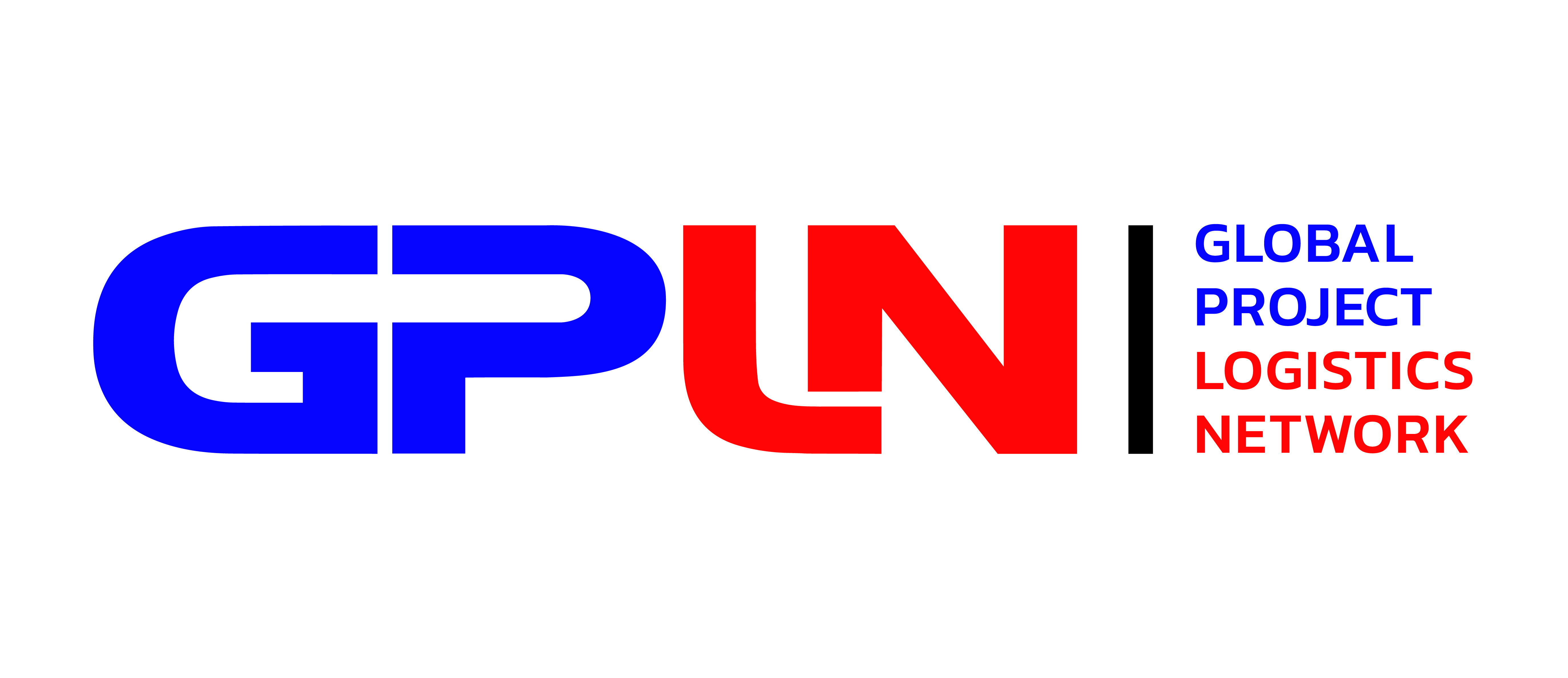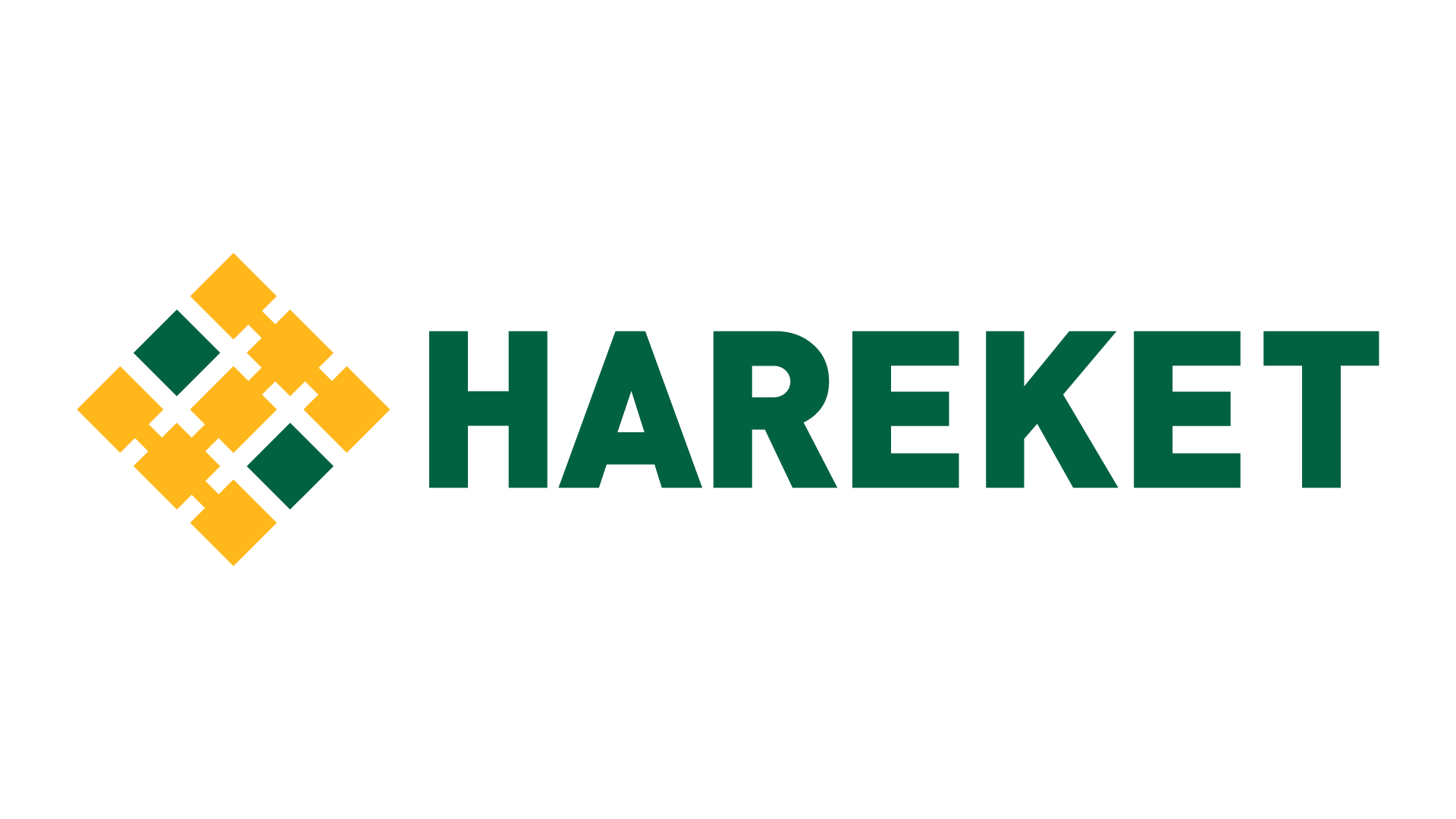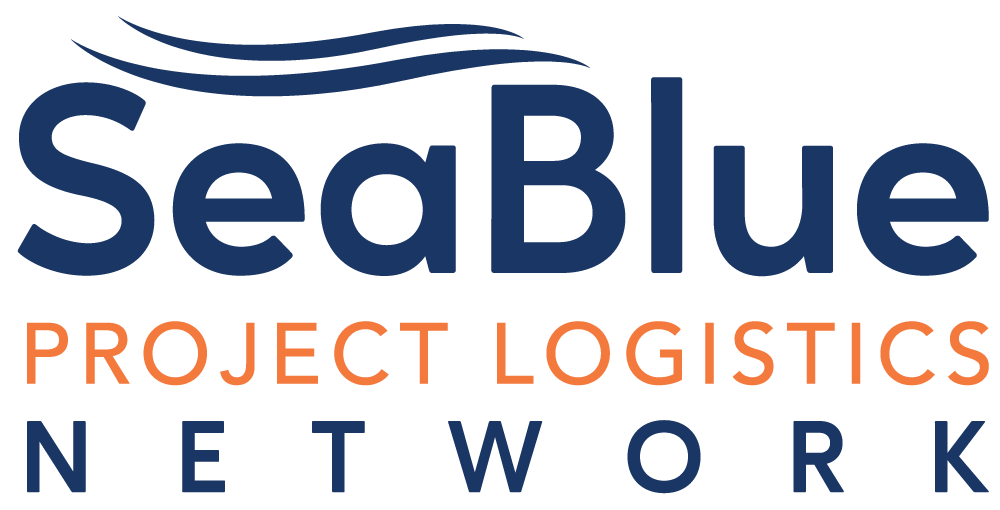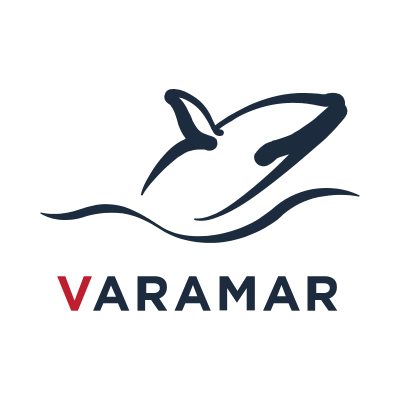Industry Leaders Call for Urgent Action to Secure Skilled Seafarers
_6.jpg)
By Liesl Venter
The looming threat of crew shortages emerged as one of the most pressing challenges for the multipurpose vessel (MPV) market, according to a panel of industry experts at Breakbulk Europe in Rotterdam.
Speaking during a high-level discussion on future-proofing heavy lift and MPV fleet capacity, AAL Shipping CEO Kyriacos Panayides called for urgent action to secure skilled seafarers.
“It’s the biggest threat in the industry,” Panayides said. “We come from a group of ship management where we have 400 ships under management and 15,000 crew. The quality of officers and crew on board has been decreasing year by year, generation by generation. Recruiting new candidates is a challenge. The cost has also risen significantly, as the traditional sources of lower-cost crew from Asia and Africa are no longer as accessible.”
He said the increased demand for crew driven by the influx of newbuilds from shipyards, coupled with minimal scrapping of older vessels, was worrying. “The development in technology and in those regions that once sourced crew is far different from what it used to be. This is the biggest headache all ship management companies are now facing.”
Panel moderator Cris Partridge, managing director of Myrcator Marine & Cargo Solutions FZE, asked how the industry was addressing these challenges. In response, Panayides said the challenges were even more pronounced for MPVs, which require specialized skills to operate heavy-lift equipment and manage complex cargo operations.
“More especially in these ships – they’re specialized ships,” he said. “They require extra work time operating the cranes, extra work time looking after the lashing gear and all other equipment. These ships are even worse in terms of crew demand.”
According to Ulrich Ulrichs, CEO of BBC Chartering, while fleet owners work closely with crewing companies worldwide to source crew, experience remains a critical factor.
“We will always find people to sail a ship from A to B,” he said. “But in our industry, the crew needs to handle the cargo. They need to do the lashing, the loading – it’s so sophisticated. You don’t want just any stevedores touching a tandem lift with a 500-tonner. To get this experienced crew is a challenge. I think you have to source your own people.”
The panel agreed it was also important to ensure that crew members were content onboard vessels at sea. “You have to try and make life a bit more pleasant, whether it’s through internet access, better accommodation or paying more in the long run,” said Ulrichs.
“Maybe also the time they spend on board will be reduced to make or keep it more attractive, but it’s definitely a challenge for us. We see it in the overall performance of the fleet – where we have good crew on board, it’s a good time charter equivalent. If the owner or the crew don’t know exactly what they’re doing, you immediately see the result dropping. It’s a big factor for us in terms of margins.”
Lars Feller, CEO of dship Carriers, said crew accommodation, for example, was becoming an increasingly important consideration when designing new vessels.
“A lot, actually, because as the gentlemen said, we have to make life more attractive,” he told listeners. “Part of the truth is also that seafarers have been neglected for many years. When shipping was in a crisis, it became even less attractive and now we have to revise that. The problem is, if you reduce the time on board, you need even more people. But we have to find contractual items that make it attractive to go to sea again – and then you need to train them.
“It’s no surprise we’re running out of people. When shipping is in crisis, the first cuts are often to the marketing department and the crew on board.”
Mohaned Alsheqaiq, acting line vice president of Bahri Line, emphasized that crew members were central to the success of the shipping industry. “Seafarers are the drivers for us. Without seafarers, none of us would be sitting here talking about ships,” he said.
“However, we do see a problem – the retention rate is decreasing because there are so many options in the market. Seafarers are moving around more than ever and this is something we all need to address by being more accommodating and providing the services they need to stay. This is particularly important on specialized ships where the crew is responsible for loading, discharging, lashing, fitting and welding. You need to retain talent, but sometimes the market isn’t always making it easy.”
TOP PHOTO (L-R): Kyriacos Panayides, Ulrich Ulrichs, Lars Feller, Cris Partridge, Mohaned Alsheqaiq. CREDIT: Richard Theemling




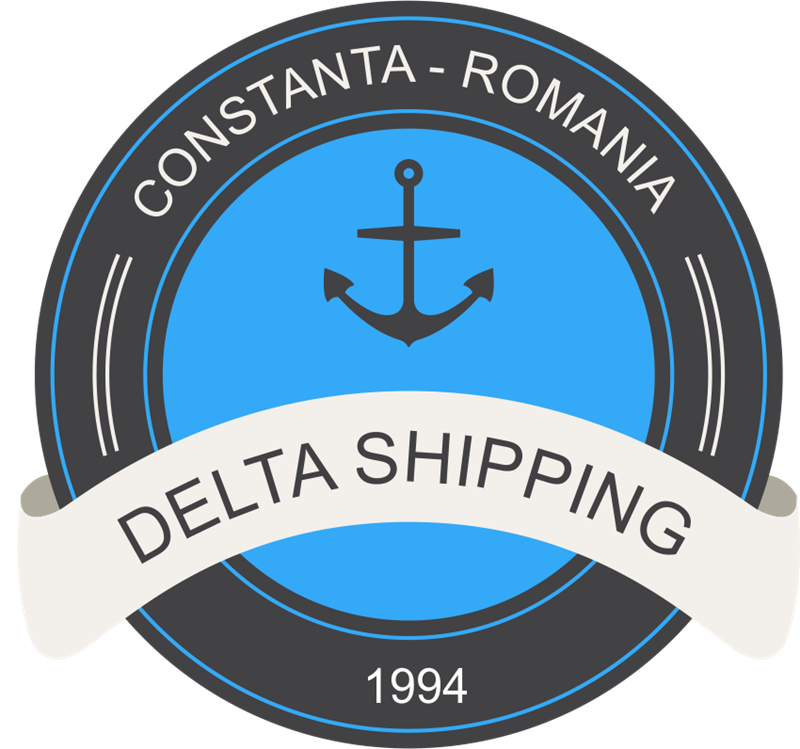
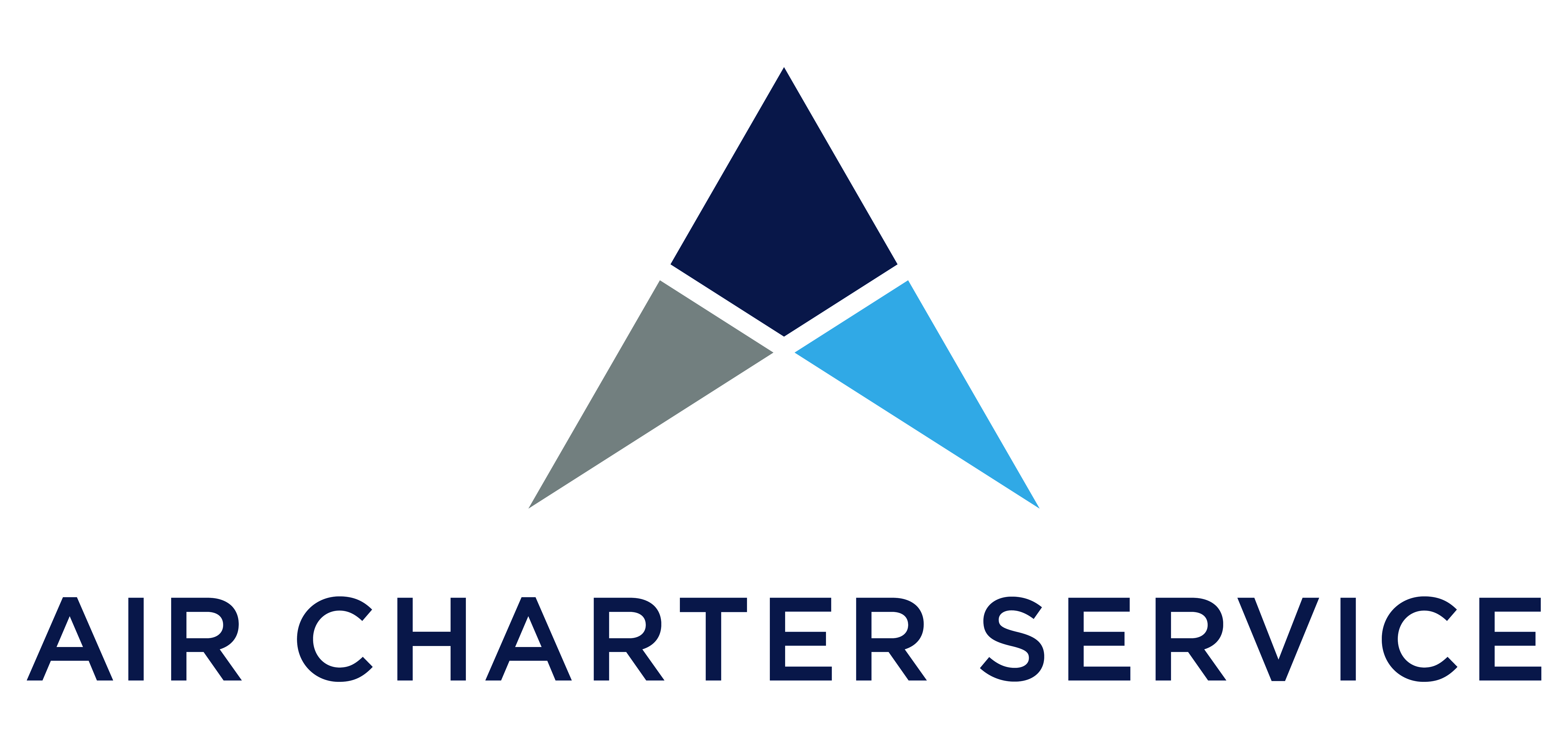





.png?ext=.png)


